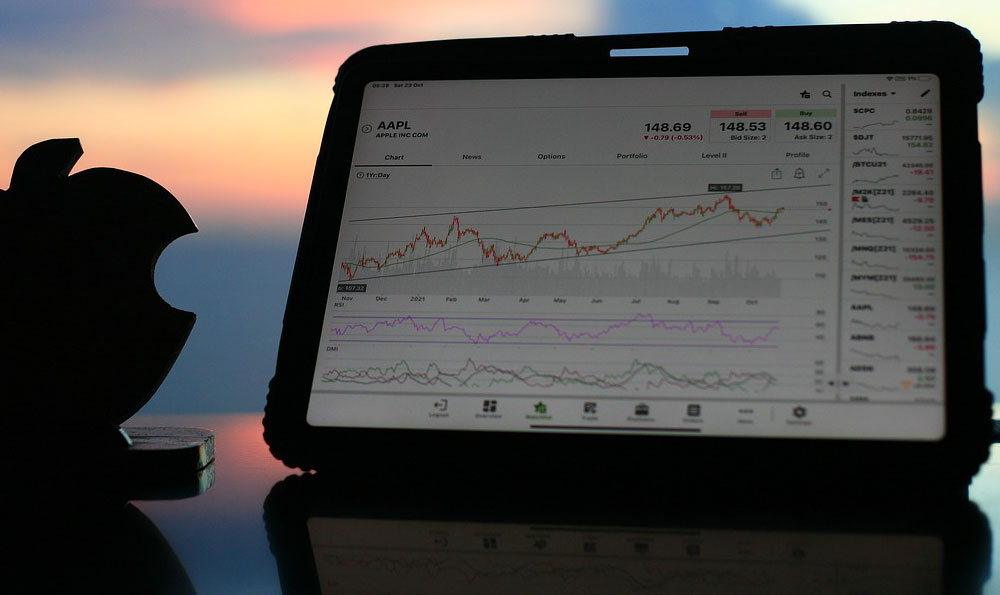Can You Earn Money While On Disability Benefits
People often find themselves in a delicate situation when receiving disability benefits and considering ways to generate additional income. The process of earning while on such benefits requires a careful balance between financial needs and the legal parameters set by social welfare systems. While the idea of supplementary earnings may seem appealing, it’s essential to understand the rules governing these benefits and the potential consequences of engaging in activities that could compromise eligibility. This article explores the nuances of combining income sources with disability benefits, highlighting both legal and unconventional approaches, while emphasizing the importance of compliance and long-term financial stability.
Navigating the terrain of disability benefits involves understanding the distinctions between programs like Social Security Disability Insurance (SSDI) and Supplemental Security Income (SSI) in the United States. SSDI is designed for individuals who have worked and paid into the Social Security system, whereas SSI provides aid to those with limited income and resources. The key difference lies in the earnings rules: SSDI recipients may have a certain monthly income threshold before benefits are reduced, while SSI recipients face stricter limitations. For those on SSDI, the impact of additional earnings depends on the type of work and how it aligns with the program's definition of "substantial gainful activity." However, many individuals with disabilities seek creative ways to supplement their income without jeopardizing their benefits, leading to a range of options beyond traditional employment.
One of the most common and legally compliant strategies involves remote work and gig economy opportunities. With the rise of digital platforms, individuals can leverage their skills to earn income from home through freelance writing, virtual assistance, or online tutoring. This approach offers flexibility, allowing beneficiaries to participate in activities that fit their physical and mental capacity. However, the success of such ventures depends on the nature of the work and whether it meets the criteria for independent earnings. For example, if the income is generated through part-time employment that requires minimal physical exertion, it may not affect SSDI benefits. In contrast, higher-income remote jobs could lead to a reassessment of disability status, which may result in benefit adjustments or termination.

Another avenue for income generation is passive investment. Many disability benefits recipients explore low-risk investment strategies that require minimal active involvement, such as dividend-paying stocks, bonds, or rental income. The beauty of passive income lies in its ability to provide financial security without the obligation of regular employment. Nonetheless, it’s crucial to assess the level of risk involved and ensure that these investments align with the recipient's financial goals and risk tolerance. For instance, while dividend stocks can offer consistent returns, they also carry market volatility that may affect overall financial stability. Careful planning and possibly consulting a financial advisor are recommended to ensure these investments remain a sustainable source of income.
For those who prefer hands-on involvement, small business ventures or side hustles that require minimal physical strain can be explored. Opportunities such as online retail, content creation, or offering specialized services can be pursued while maintaining a stable income. However, the success of these endeavors depends on the recipient's ability to manage the time and energy required without compromising their health. It’s important to consider the potential impact of these activities on the ability to maintain disability status, as engaging in more substantial work could lead to a review of the initial disability claim.
In some cases, individuals may turn to unconventional methods such as selling personal belongings or leveraging government programs for additional financial support. While these options might offer short-term relief, they often come with limitations and may not provide long-term stability. It’s also crucial to consider the ethical and legal implications of such actions, as some methods could be perceived as exploitation of the system if not carefully planned.
The potential risks of earning money while on disability benefits cannot be overstated. Benefits are structured to provide financial support to individuals who are unable to work, and any activity that increases income could lead to a reassessment of eligibility. For example, in the United States, the Social Security Administration (SSA) has strict guidelines on what constitutes "substantial gainful activity," which can vary depending on the state or the specific benefit program. Engaging in activities that fall into this category could result in the loss of benefits, which may have profound financial consequences.
For individuals who are unsure about their eligibility or the consequences of generating additional income, it’s essential to seek guidance from legal and financial experts. They can help navigate the complexities of benefit programs and identify strategies that align with the recipient's needs and circumstances. Ultimately, the key to successfully earning money while on disability benefits lies in a deep understanding of the rules, careful planning, and a commitment to maintaining compliance with the system.















